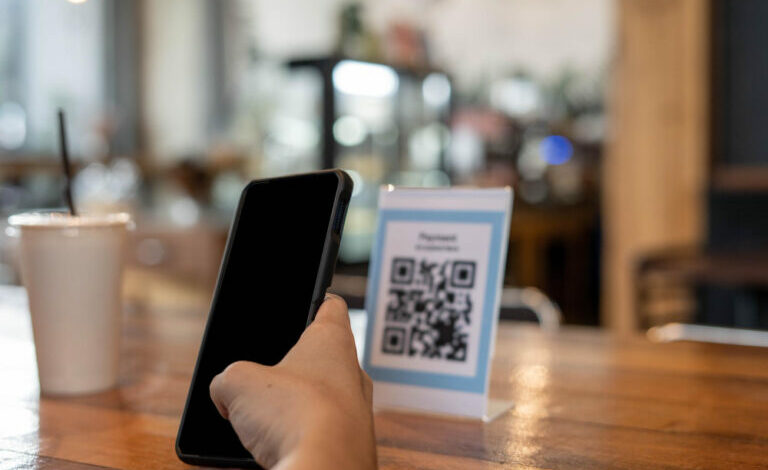The Role of QR Codes in Consumer Engagement

Introduction
In the rapidly evolving landscape of digital marketing and consumer interaction, Quick Response (QR) codes have emerged as a versatile tool for enhancing consumer engagement. Initially developed in 1994 by Denso Wave, a subsidiary of Toyota, QR codes have undergone a resurgence in recent years, largely due to the widespread use of smartphones. This two-dimensional barcode system has found applications in various industries, revolutionizing the way businesses connect with their target audience.
Understanding QR Codes
QR codes store information in a matrix of black squares arranged on a white background. The information encoded can range from simple text to website URLs, contact details, and multimedia content. QR codes are easily scannable using smartphones equipped with a camera and a QR code reader app, making them a user-friendly tool for quick access to information.
Enhancing Consumer Convenience
One of the key benefits of QR codes is the convenience they offer to consumers. Instead of manually typing in a web address or searching for information online, users can simply scan the QR code and be directed to the desired content instantly. This streamlined process enhances user experience and reduces friction in accessing information, promoting positive interaction between consumers and brands.
Mobile Commerce and QR Codes
With the rise of mobile commerce, QR codes have become integral to facilitating seamless transactions. Many payment systems, such as mobile wallets and digital banking apps, utilize QR codes to enable secure and efficient transactions. Consumers can make purchases, transfer funds, and redeem discounts with a simple scan, transforming the mobile device into a powerful tool for financial transactions.
Marketing and Promotions
QR codes have become a staple in marketing campaigns and promotions. Brands use QR codes on various mediums, including print advertisements, product packaging, and promotional materials. By scanning the QR code, consumers gain access to exclusive content, discounts, or special offers. This not only incentivizes consumer engagement but also provides businesses with a measurable way to track the success of their marketing efforts.
Real-time Analytics and Consumer Insights
The use of QR codes allows businesses to gather real-time analytics and valuable consumer insights. By tracking QR code scans, businesses can analyze consumer behavior, preferences, and demographics. This data-driven approach empowers businesses to refine their marketing strategies, tailor their offerings to consumer preferences, and create more targeted and effective campaigns.
Contactless Experiences in a Post-Pandemic World
The global COVID-19 pandemic has accelerated the adoption of contactless technologies, and QR codes have played a crucial role in this shift. From contactless menus at restaurants to virtual event check-ins, QR codes offer a touch-free solution for various interactions. This adaptability has positioned QR codes as a technology that not only enhances consumer engagement but also aligns with the evolving demands for hygiene and safety.
Conclusion
In the ever-evolving landscape of digital communication, QR codes have proven to be a valuable asset for businesses seeking to enhance consumer engagement. From simplifying transactions to providing interactive marketing experiences, QR codes have become an integral part of the modern consumer journey. As technology continues to advance, the role of QR codes is likely to expand further, offering innovative solutions for businesses and enriching the overall consumer experience in the digital age.




